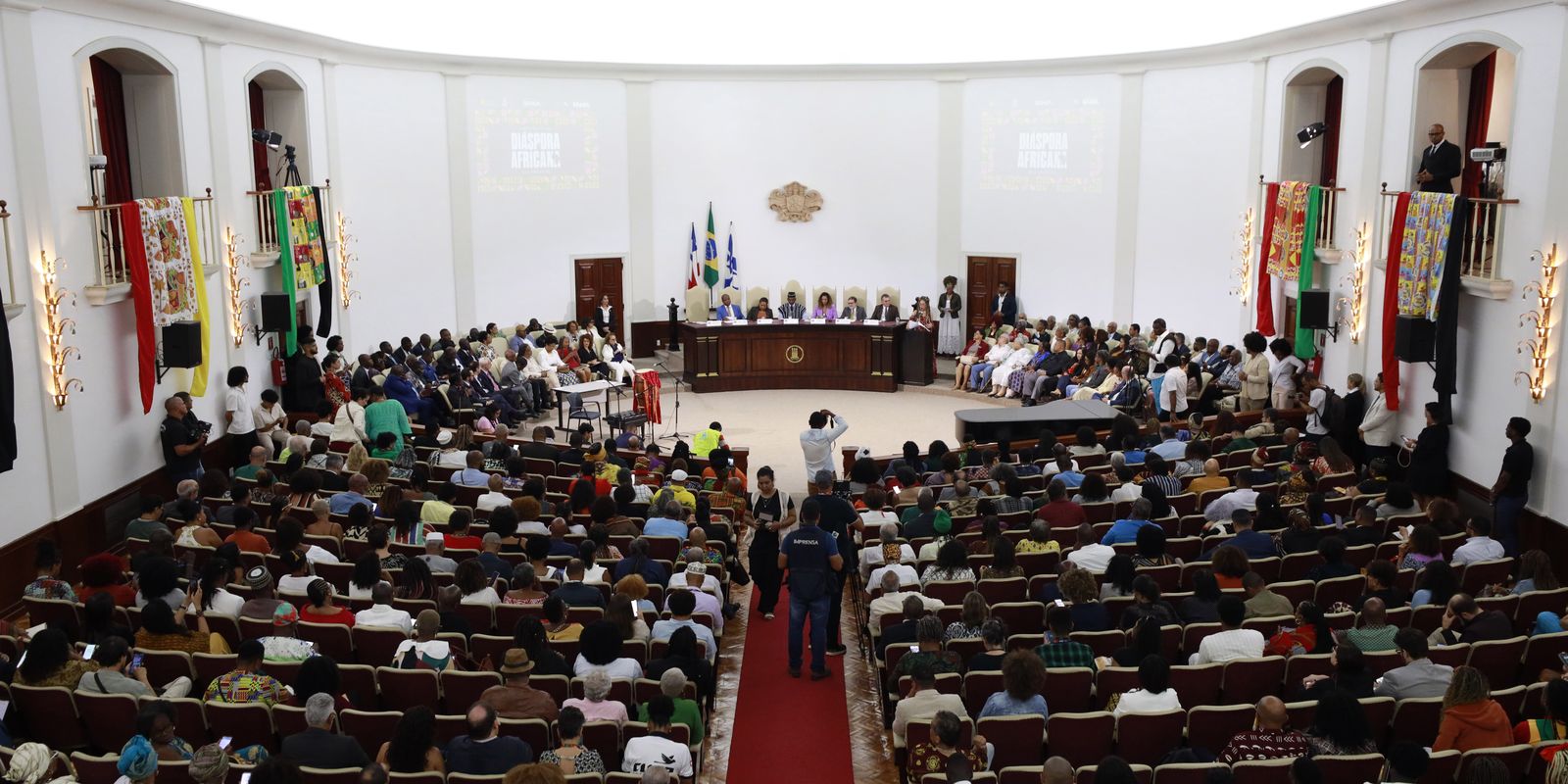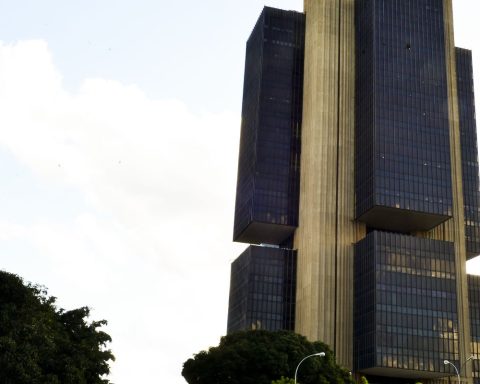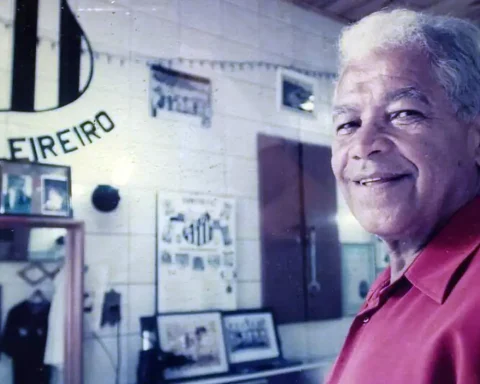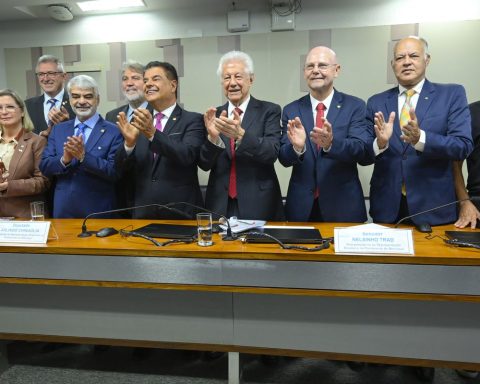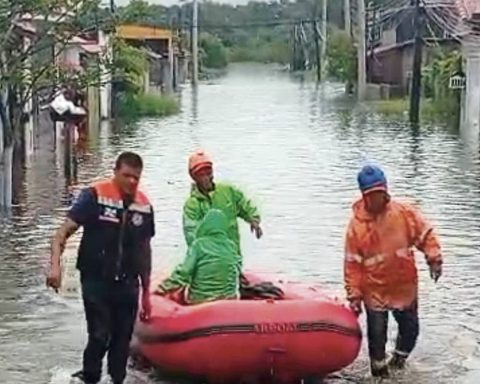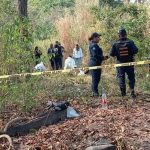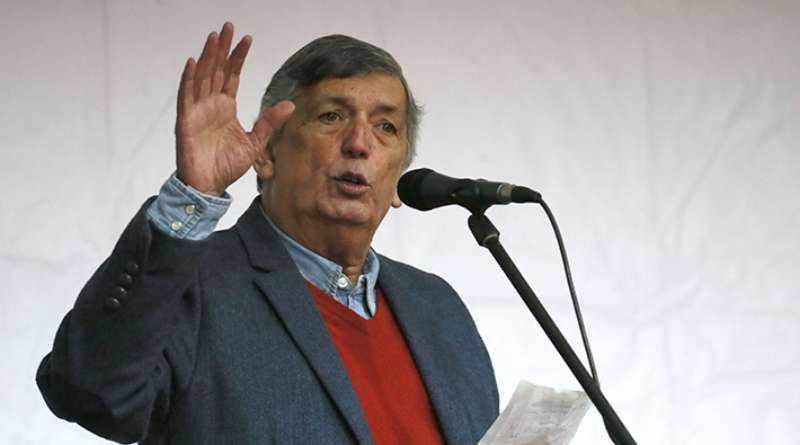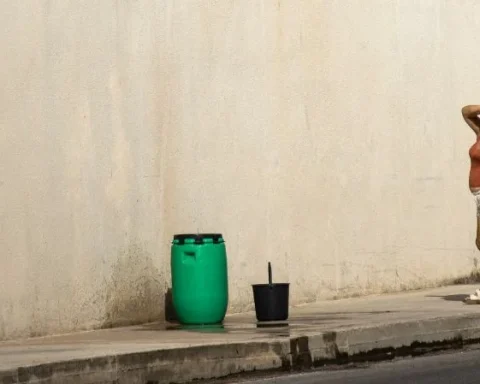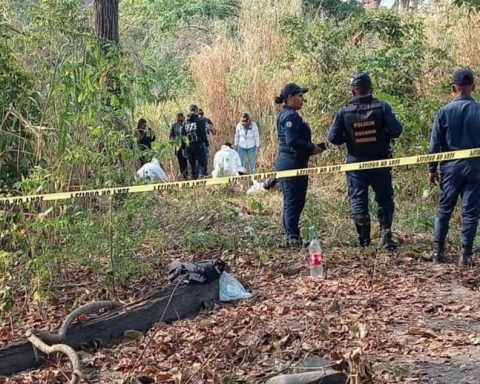Black leaders, researchers and government representatives are meeting in Salvador for the Conference of the African Diaspora in the Americas. This Thursday (29), at the opening of the event at the Federal University of Bahia (UFBA), they discussed ways to increase exchange between countries and advance proposals on pan-Africanism, memory, restitution, reparation and reconstruction. 
Around 50 countries sent delegations. Among them were Angola, South Africa, Argentina, Bahamas, Cameroon, Colombia, Ivory Coast, Cuba, United States, Ghana, Haiti, Honduras, Sao Tome and Principe, South Sudan, Namibia and Togo.
The rector of UFBA, Paulo Miguez, highlighted the university’s commitment to education and cited cooperation agreements signed with African institutions. The partnerships cover undergraduate and graduate teaching activities and research work. According to him, new cooperation agreements with the Ministry of Foreign Affairs are under discussion that could expand integration in the African Diaspora in the Americas.
The State Secretary for the Promotion of Racial Equality of Bahia, Ângela Guimarães, emphasized that Pan-Africanism is much more than a political or philosophical movement. “It is the concrete expression of our unity as a people, regardless of the geographical borders that separate us. It is the understanding that we share a common history of resistance, struggles and achievements and that together we are stronger in the search for a more just and equitable world,” Ângela recalled. “We are a viable alternative for development in the global south, and we carry the power for this common future.”
For the secretary, Brazil, as the country with the largest black population outside of Africa, has a strategic role in this global struggle. “Diplomacy, technical, educational, scientific and technological cooperation and cultural exchanges are powerful tools that we must use to build bridges and develop partnerships that benefit our communities on both sides of the Atlantic,” said Ângela.
The Minister of Human Rights and Citizenship, Silvio Almeida, also spoke about redefining concepts about the diaspora.
“Historically, the notion of the African Diaspora is directly linked to the memory of colonialism, to the memory of slavery, to the transatlantic trafficking of enslaved people, but all of this can and must be reinterpreted. This event is an event of reinterpretation and reconfiguration of our humanity, so that we, children of the Diaspora, can be part of this humanity that was denied to us.”
The minister advocated the inclusion of all diaspora countries in the debate on global governance. “A global governance that does not include us is a governance that opens itself to fascism. There will only be truly democratic global governance if we are included in this context.”
Also present at the opening of the Conference of the African Diaspora in the Americas, the Minister of Racial Equality, Anielle Franco, highlighted the importance of leaders of social movements.
“When they take Mari away [Marielle Franco] and they send us a message with those shots to the head, they also sent us a message when they unfortunately murdered Mother Bernadette. When they take away our leaders and say that we are disposable, we reinvent ourselves.”
In his speech, Togolese Foreign Minister Robert Dussey reflected on the importance of unity in the collective fight against racism, for more justice and decent living conditions. “What we want for the African continent is for us and you, who are born from the same roots, to be respected. To accept and live our humanity like all peoples,” he emphasized.
For Richard Santos, professor of Arts and Communication at the Federal University of Southern Bahia, the conference is an opportunity to seek integration in political dialogue on issues that are a priority for the black population. “When we discuss Pan-Africanism, one of the topics we discuss is the possibility of discussing the future, expanding, moving beyond this cultural relationship, this relationship that does not usually involve the politics of social and cultural movements,” he said.
*Intern under the supervision of Marcelo Brandão
